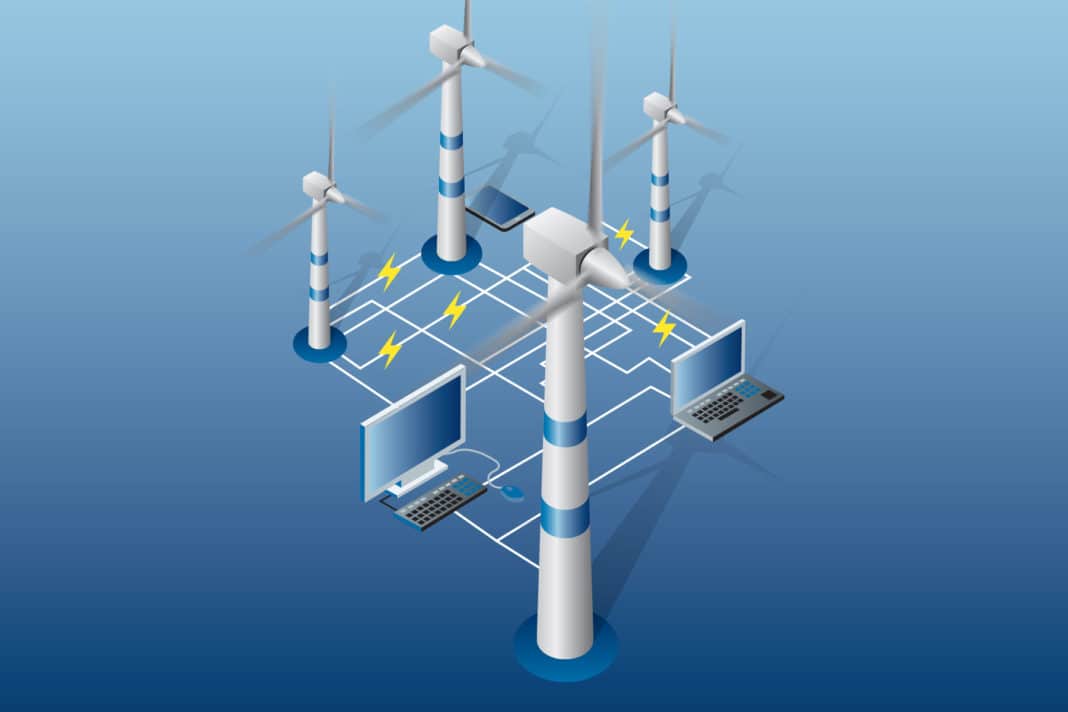Blockchain is challenging energy firms’ hold on power by facilitating decentralized, peer-to-peer transfer of renewable energy. Germans are now doing it for themselves. You could have this in your garden. Source: Handelsblatt The very same blockchain technology rocking the financial sector will also revolutionize Germany’s energy market. Some advocates even believe the digital ledger technology, which lets users exchange money, products or services via a digital contract – with no need for a central mediator – could make utility giants like RWE and E.ON redundant. Blockchain provides new freedom for electricity users to determine whether their electricity comes from wind turbines outside the nearest city or from traditional, coal-fired power plants. It even allows renewable energy prosumers – individuals who produce and consume – to sell the extra energy their solar panels generate, in the form of electricity, to their neighbor around the corner without the middle man.
“Blockchain technology isn’t just hype,” Philipp Richard of the German Energy Agency, dena, told Handelsblatt. “It could really give the energiewende (energy transition) another push.” Countless producers Germany’s power supply is no longer in the hands of a few large electricity providers. It increasingly belongs to homeowners who have invested in solar panels or wind turbines. The benefit of incorporating blockchain technology with renewable energy is in bringing together the growing number of producers with individuals interested in buying green energy. For example, if neighbor A’s solar roof produces a few extra kilowatts on a sunny day, the extra juice could be zipped over to a neighbor B, who is capable of storing the power. If neighbor A eventually needed those kilowatts again on a cloudier day, neighbor B could zip them right back. This is done via smart contracts, as they’re known in the industry. Unlike a contract between two […]
Click here to view original web page at global.handelsblatt.com

